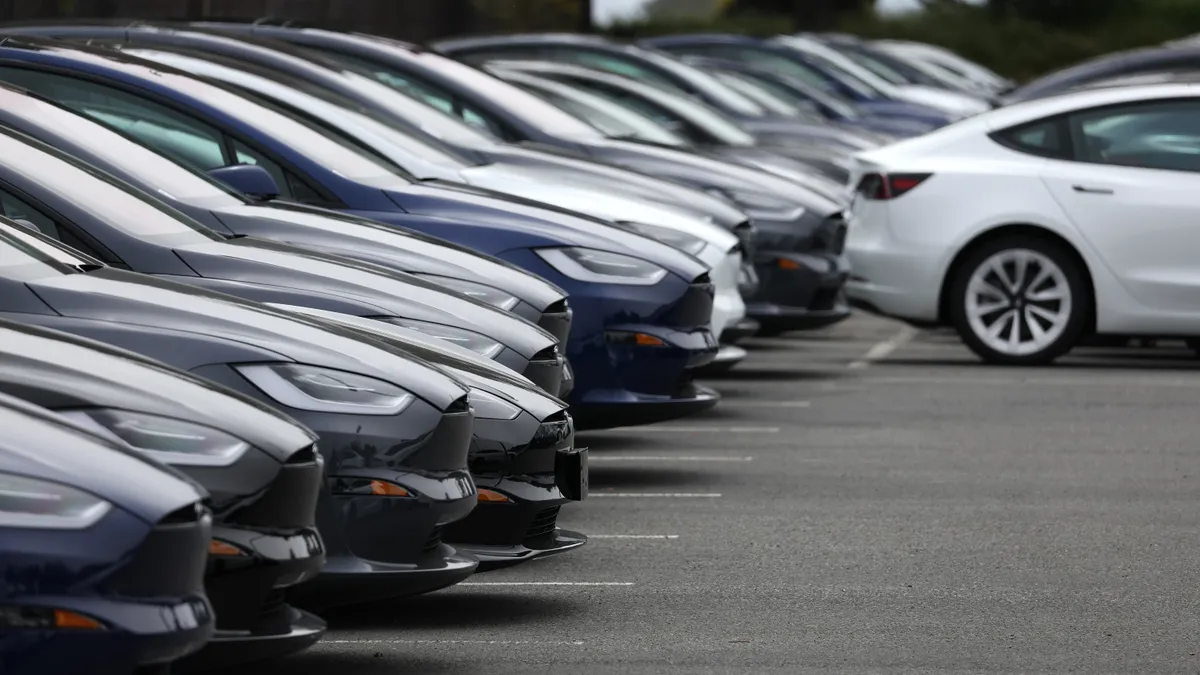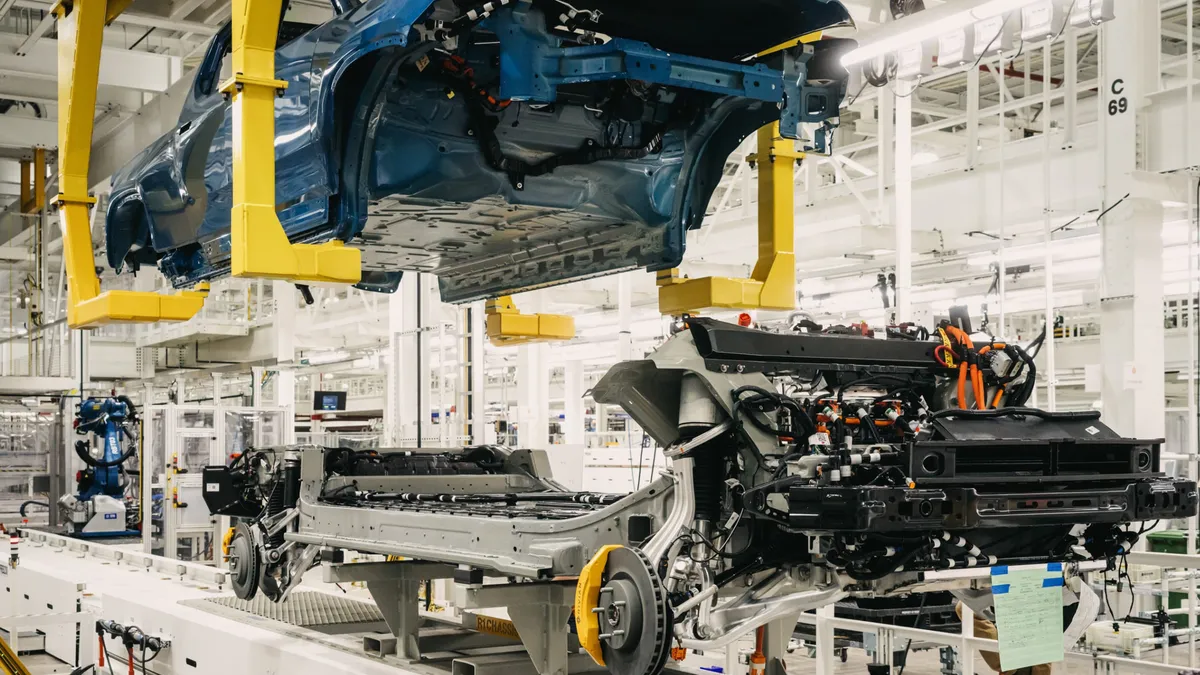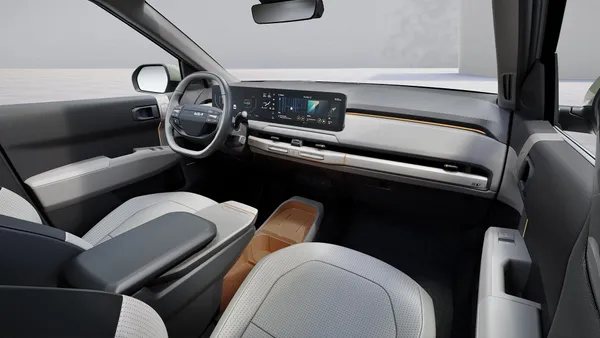Dive Brief:
- After two years of decline, owner excitement about new vehicle design, performance and comfort has rebounded, according to the J.D. Power 2024 U.S. Automotive Performance, Execution and Layout (APEAL) Study, released July 25.
- Satisfaction with traditional automakers’ electric vehicles is at an all-time high, surpassing even that of Tesla.
- “Traditional manufacturers have listened to the Voice of the Customer,” said Frank Hanley, J.D. Power senior director of auto benchmarking, in a press release. “They’re launching enhanced vehicles that are more in line with what customers want, including improved interior storage and higher quality materials, as well as ensuring features have ease of use.”
Dive Insight:
The APEAL study measures how new car owners experience their vehicles, engaging with the sometimes abstract feelings that make car owners excited about their purchases, such as how they feel when walking up to their vehicles. The study surveyed 99,144 owners of model-year 2024 vehicles, inquiring about owner experiences with their vehicles after 90 days of ownership.
New owners of premium brands tend to rate their experiences with their vehicles more positively than new owners of mass market brands, with premium brands achieving an average rating of 870, 32 points higher than mass market brands’ average rating of 838 (on a 1,000-point scale).
However, while mass market ownership satisfaction improved by one point over the past year, premium brand satisfaction declined by one point since 2023.
This year, Porche was rated highest among premium vehicle brands, followed by Jaguar and Land Rover. Among mass market brands, Mini was ranked highest, followed by Ram and Kia.
Meanwhile, traditional automakers’ investments in EVs seem to finally be paying off, as owner satisfaction of new non-Tesla EVs (877) bested owner satisfaction with new Teslas (870).
The study suggests that improving infotainment systems could help boost positive owner experiences with their cars, as automakers keep adding additional features to vehicle infotainment systems, which Hanley said “appears to be creating needless complexity.” Infotainment systems received some of the lowest scores of vehicle features, according to the study.











